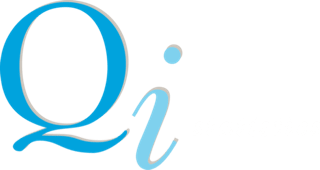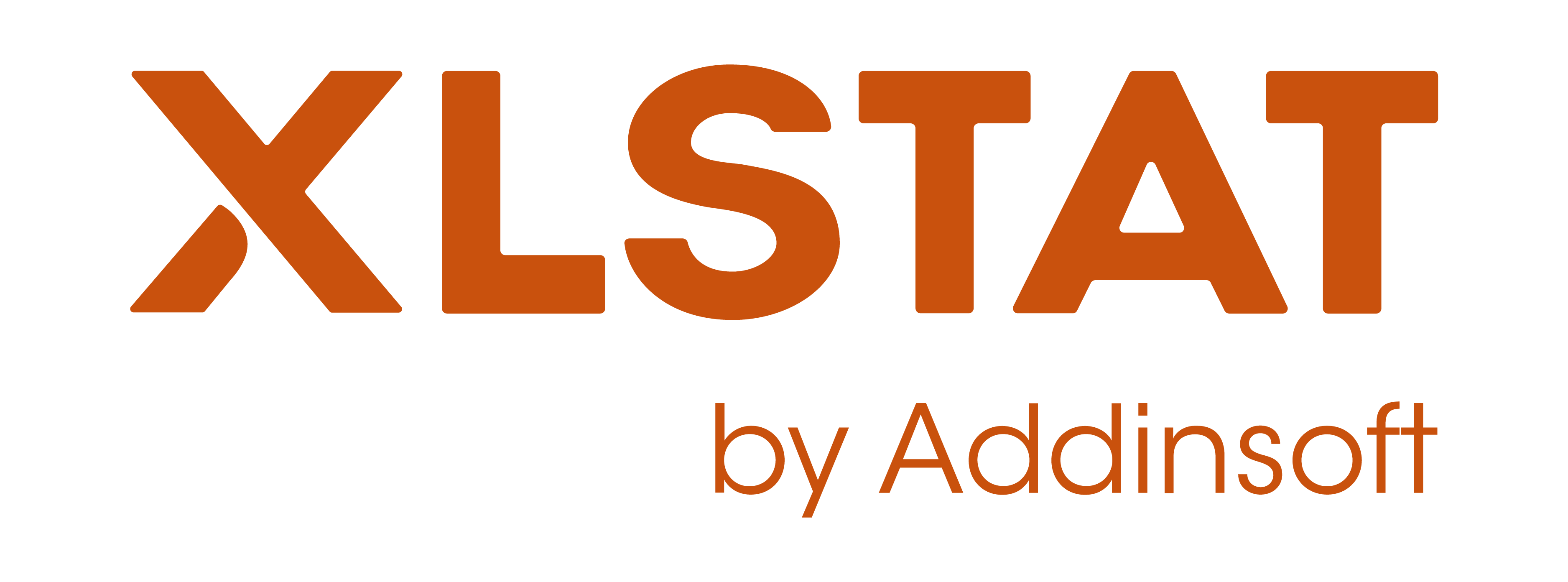Applications of Experimental Design for Consumer Science – 3 and 4 May 2022 @ 15:00 GMT+1 / BST
Product code: DoE-online-2022

Online

May 3, 2022 - May 4, 2022
Product Optimisation
Using Ingredients/Processes and Sensory/Consumer Data and Experimental Design Software
What you will learn from this course
This workshop covers the approaches to product optimisation which control the recipes/processing variables tested with the aim of giving clear guidance on the key drivers of sensory/consumer responses. We will start with simple factorial designs using case studies to emphasise the importance of identifying snd interpreting interactions between factors and then extend to more complex designs for optimisation of ingredients, processing or packaging. You will learn how to interpret the models fitted and the visualisations of the experimental effects. There are many different software tools which help with this, creating the experimental sample designs and providing graphical analysis to aid interpretation of the results. We will use both XLSTAT and Design Expert software (www.statease.com) and there will be opportunities for you to use the softwares to design and analyse product sets for consumer/sensory test
Course Outline
- Motivation for use of structured sample designs.
- Finding the key influences on consumer liking and sensory characteristics and uncovering interactions between ingredients and process parameters using factorial experiments
- Using these key parameters to plan further studies to optimise acceptability by applying response surface designs
- Recipe and formulation investigation using mixture designs.
- Visualisation of the response surfaces, simultaneous optimisation of several performance measures including cost.
Module 1
- Motivation for use of structured sample designs.
- Factorial designs, model fitting, interpretation of interactions, graphical interpretation of effects
- How to deal with lots of factors in the same experiment using D-Optimal designs.
Module 2
- Response surface designs for measured factors: Central Composite and Box Behnken
- Model fitting and visualisations using contour plots
- Joint optimisation of several measures including cost and quality, desirability measures
- Mixture designs for recipe and formulation characterisation
Software
In order to be able to run the workshop exercises included in the course you will either need XLSTAT with the Experimental Design module or ideally Design Expert software (www.statease.com) – you can download a trial version of Design Expert from their website before the start of the course.
Timing
Each module is 3 ½ hours long (please allow extra time for any connectivity issues at the start and questions at the end. Please check your time zones to make sure the timings are suitable for your country)
Select currency
$929.84 – $1,033.16 (Excluding any applicable taxes)





